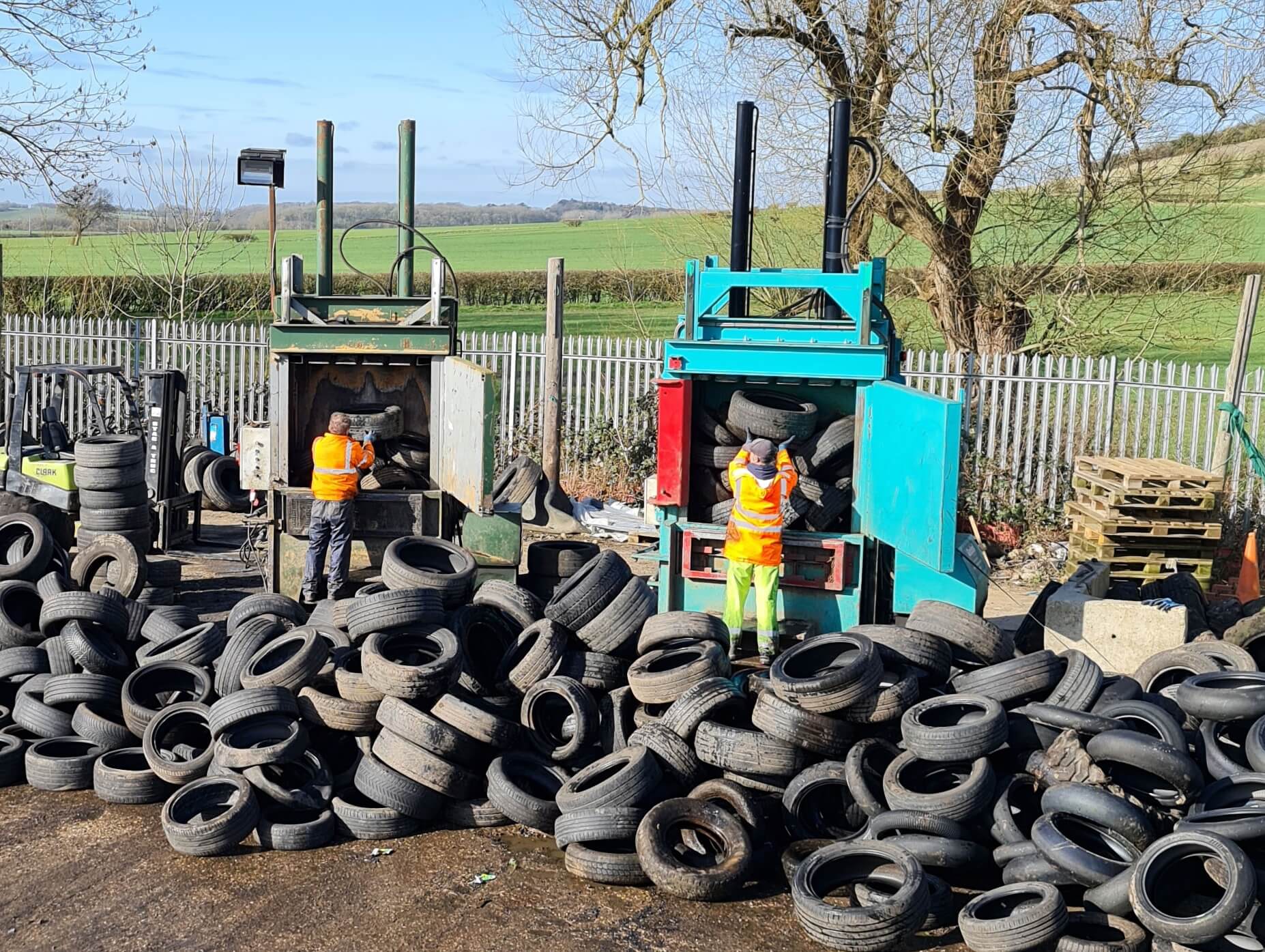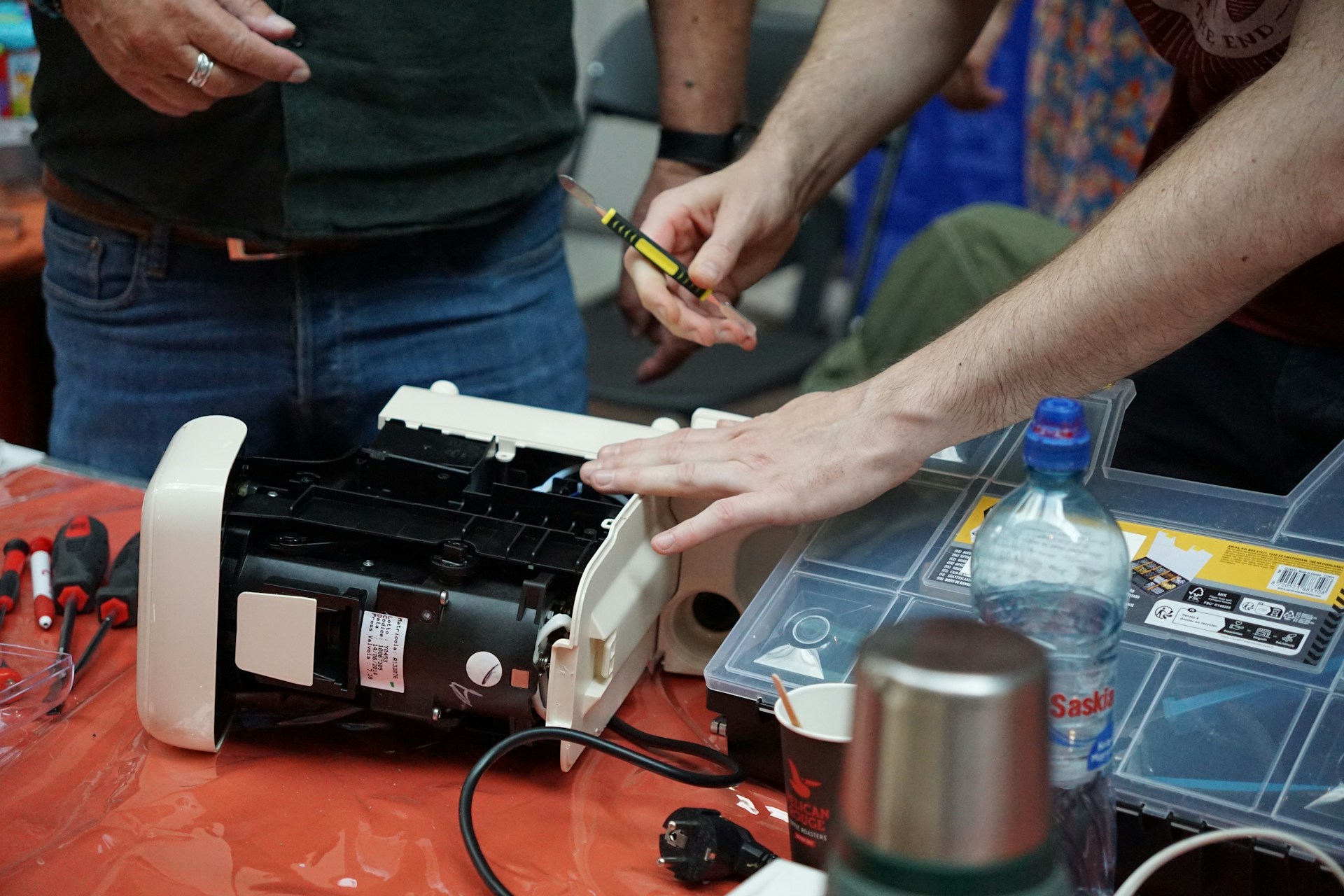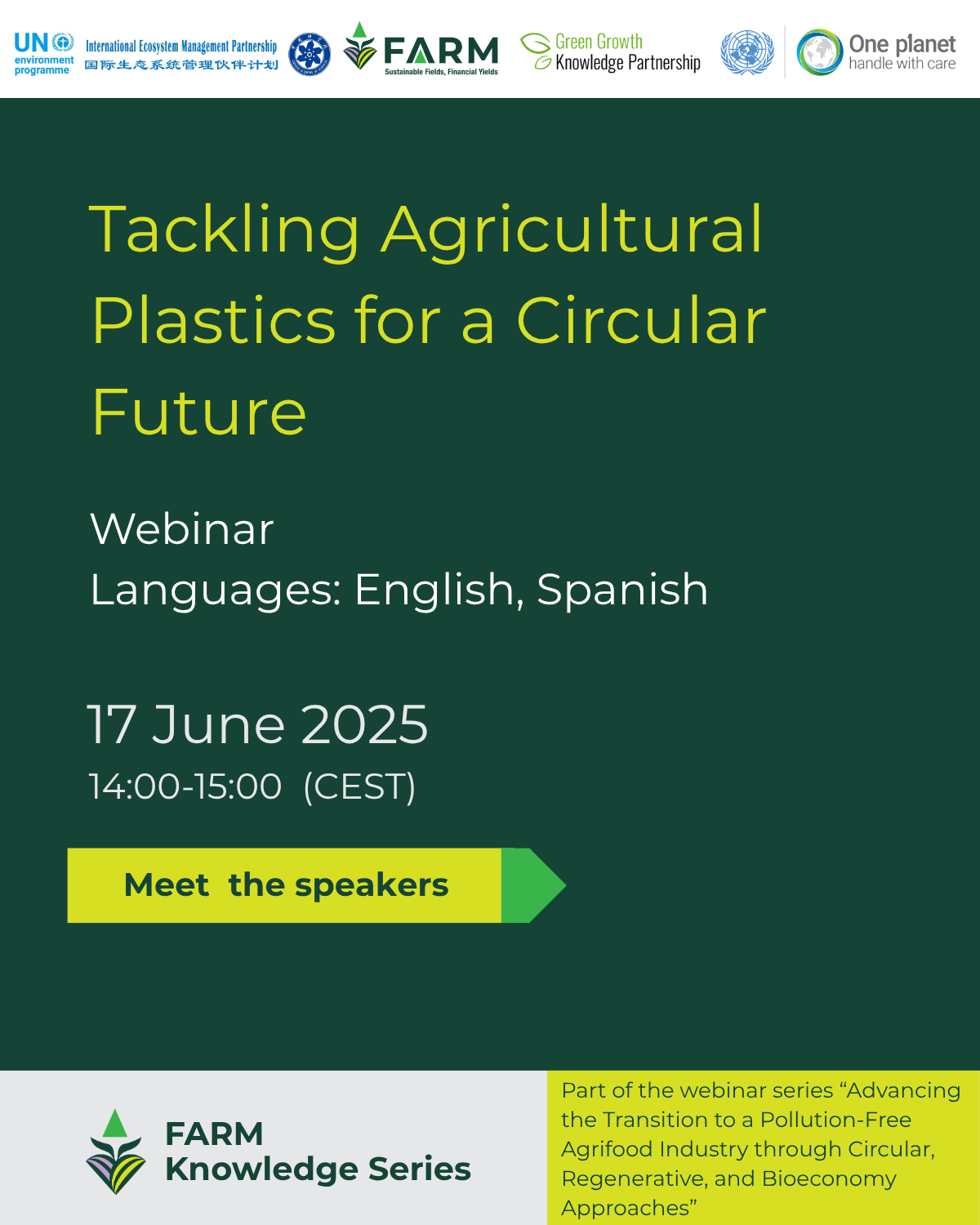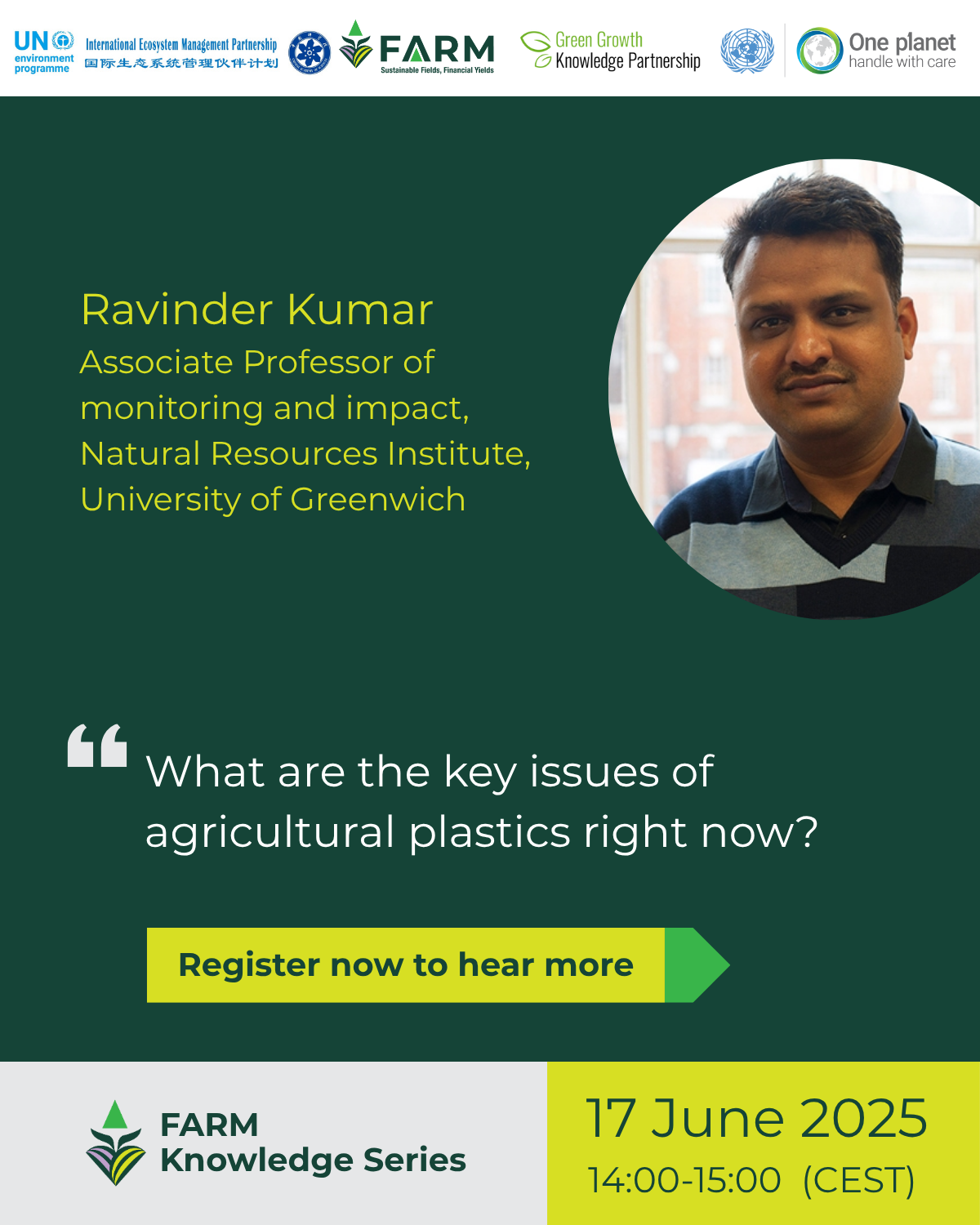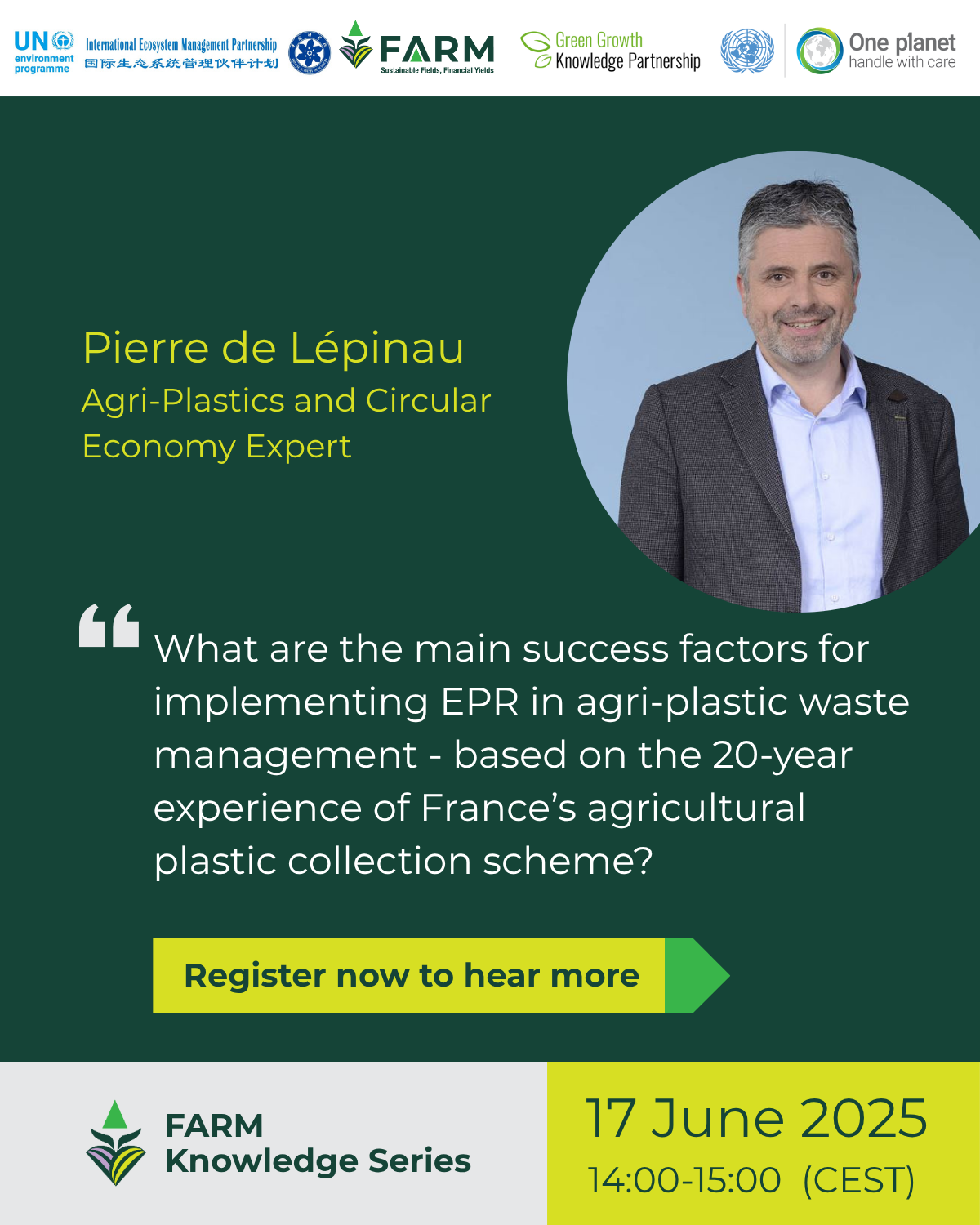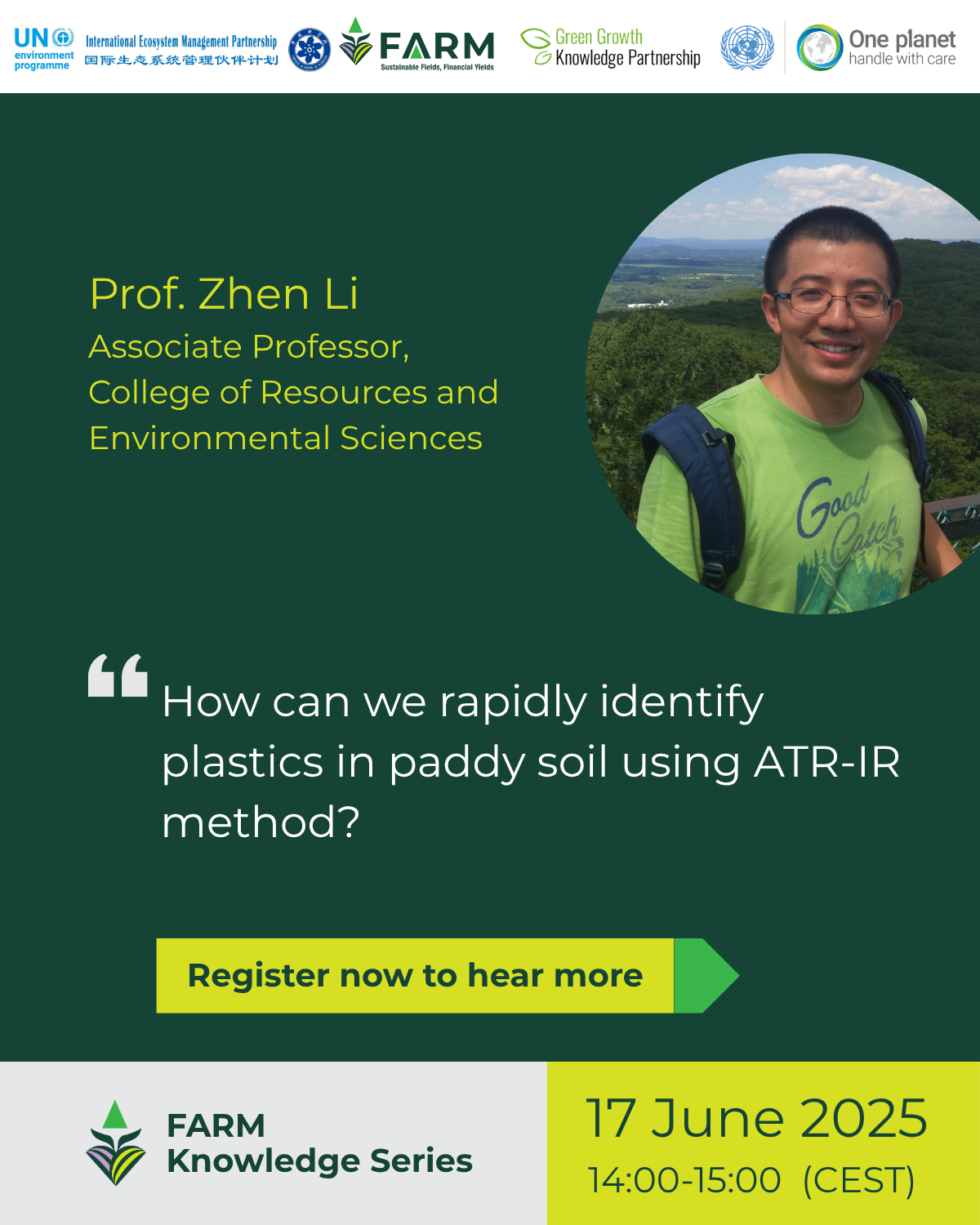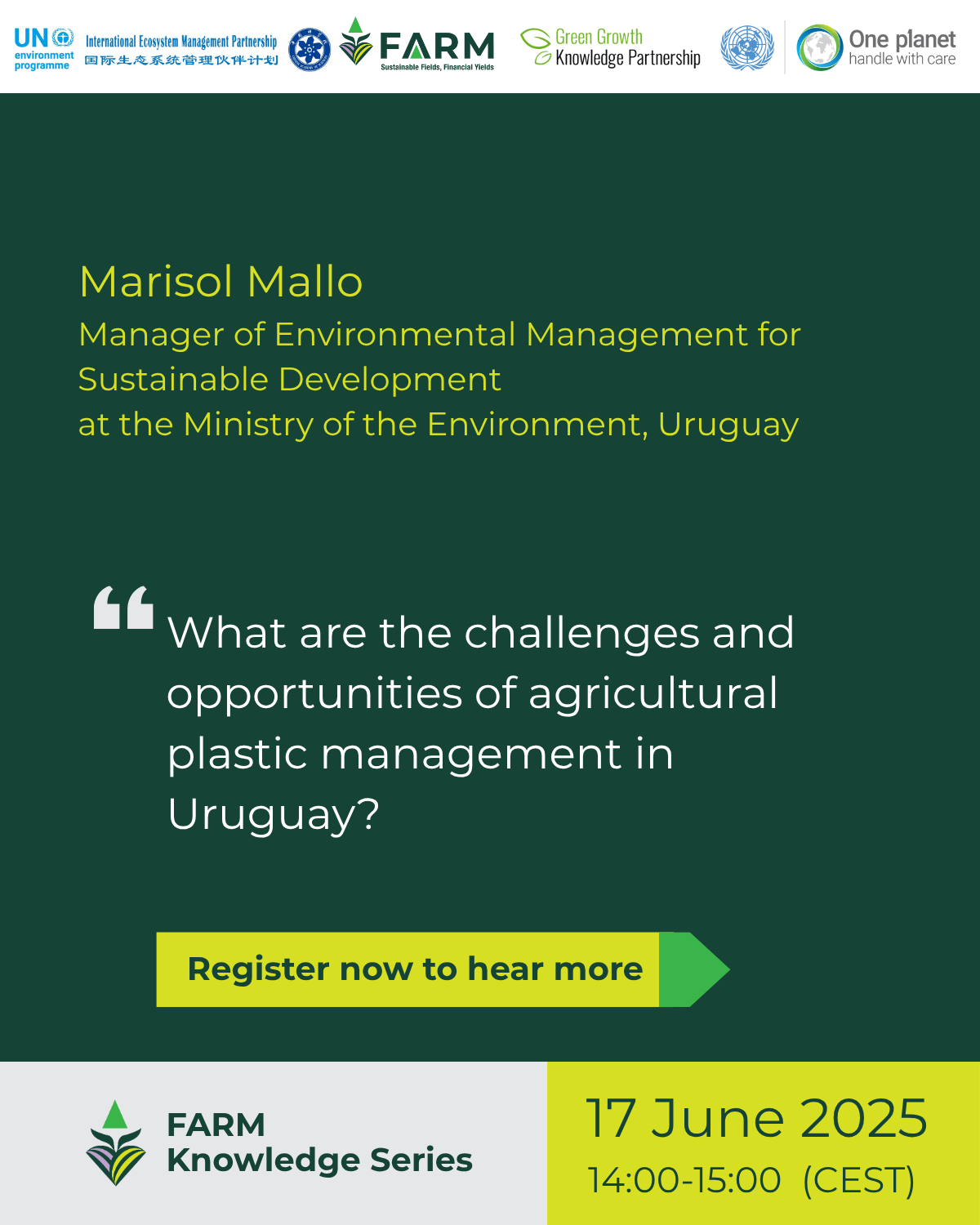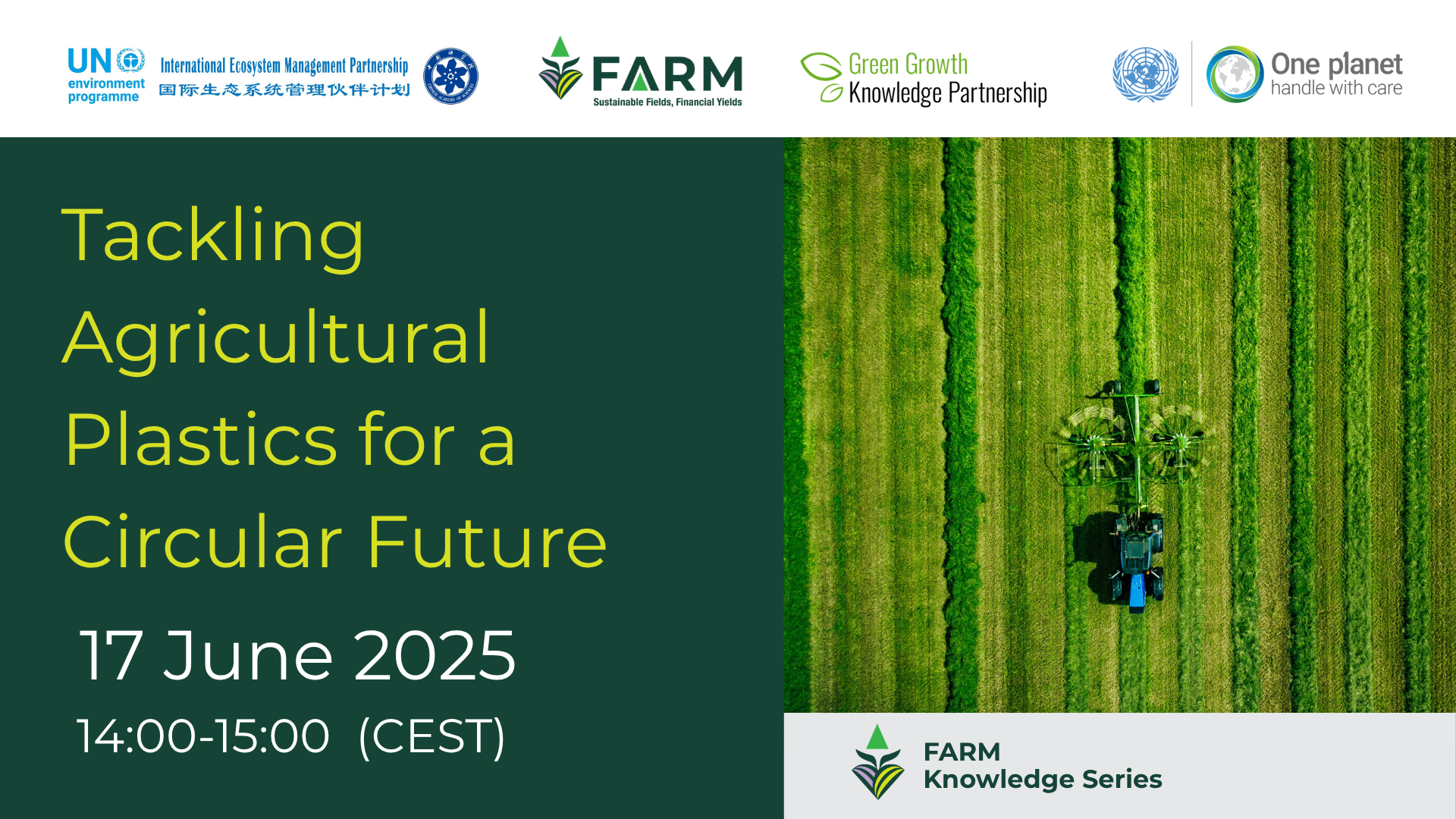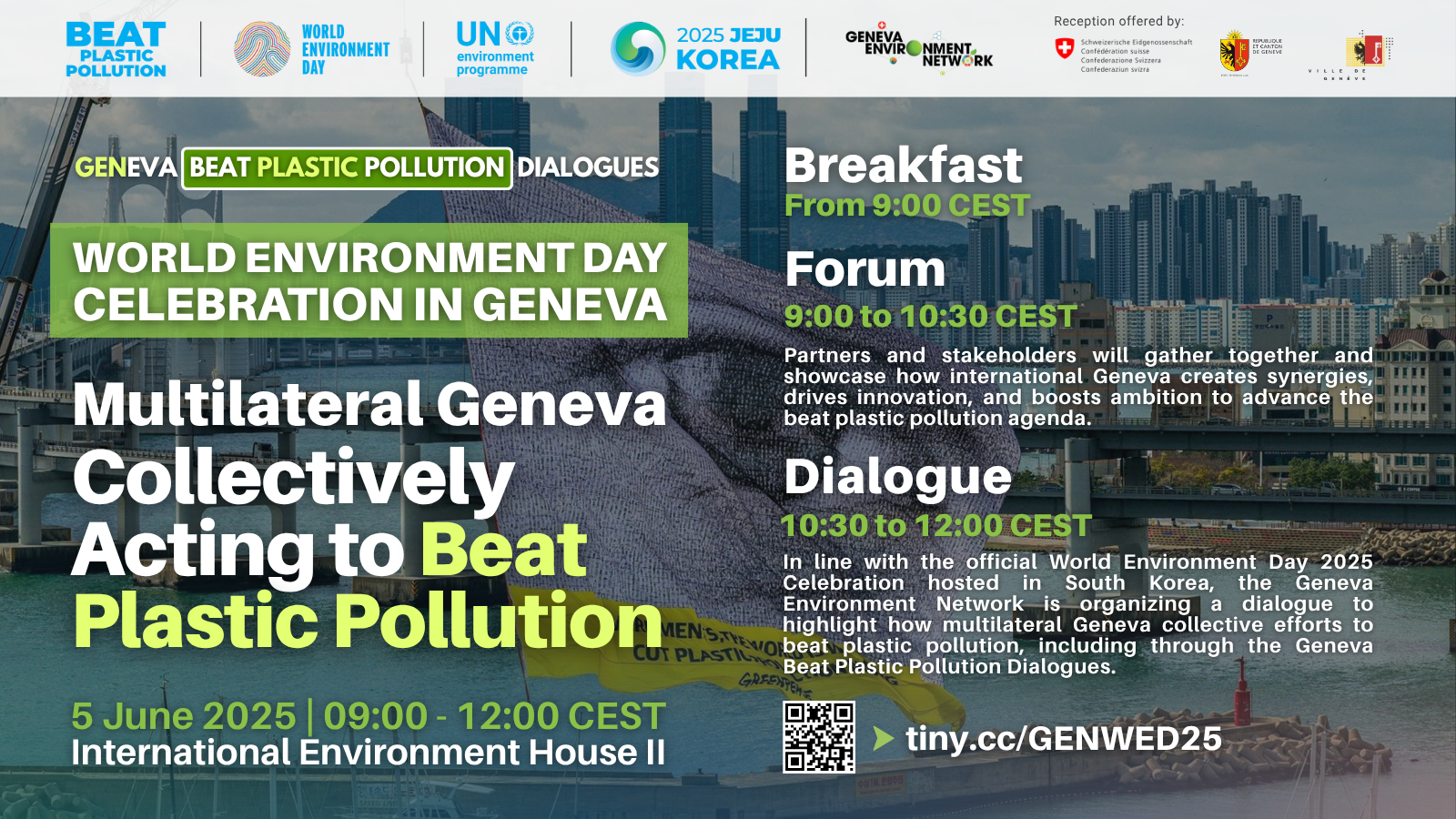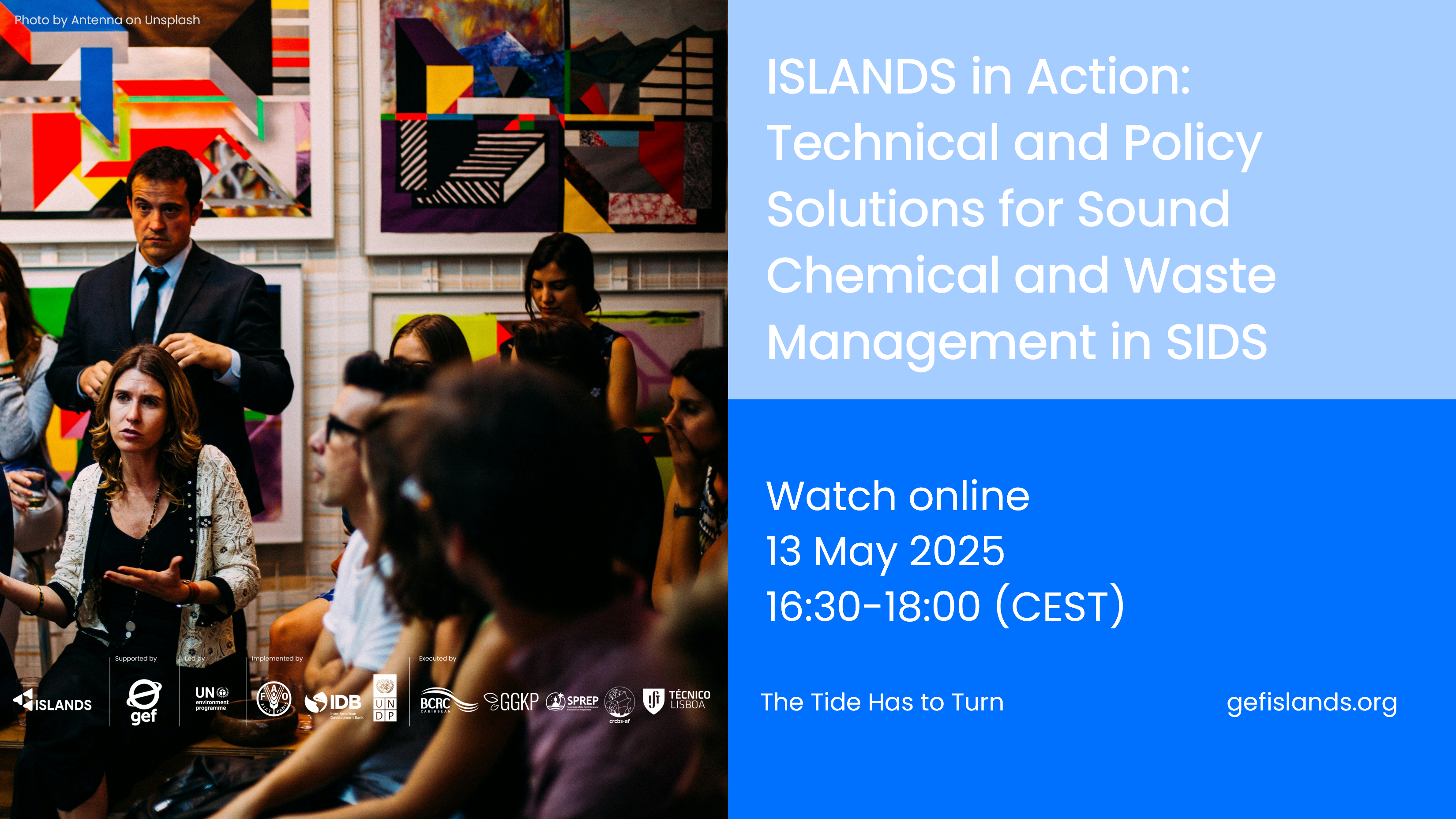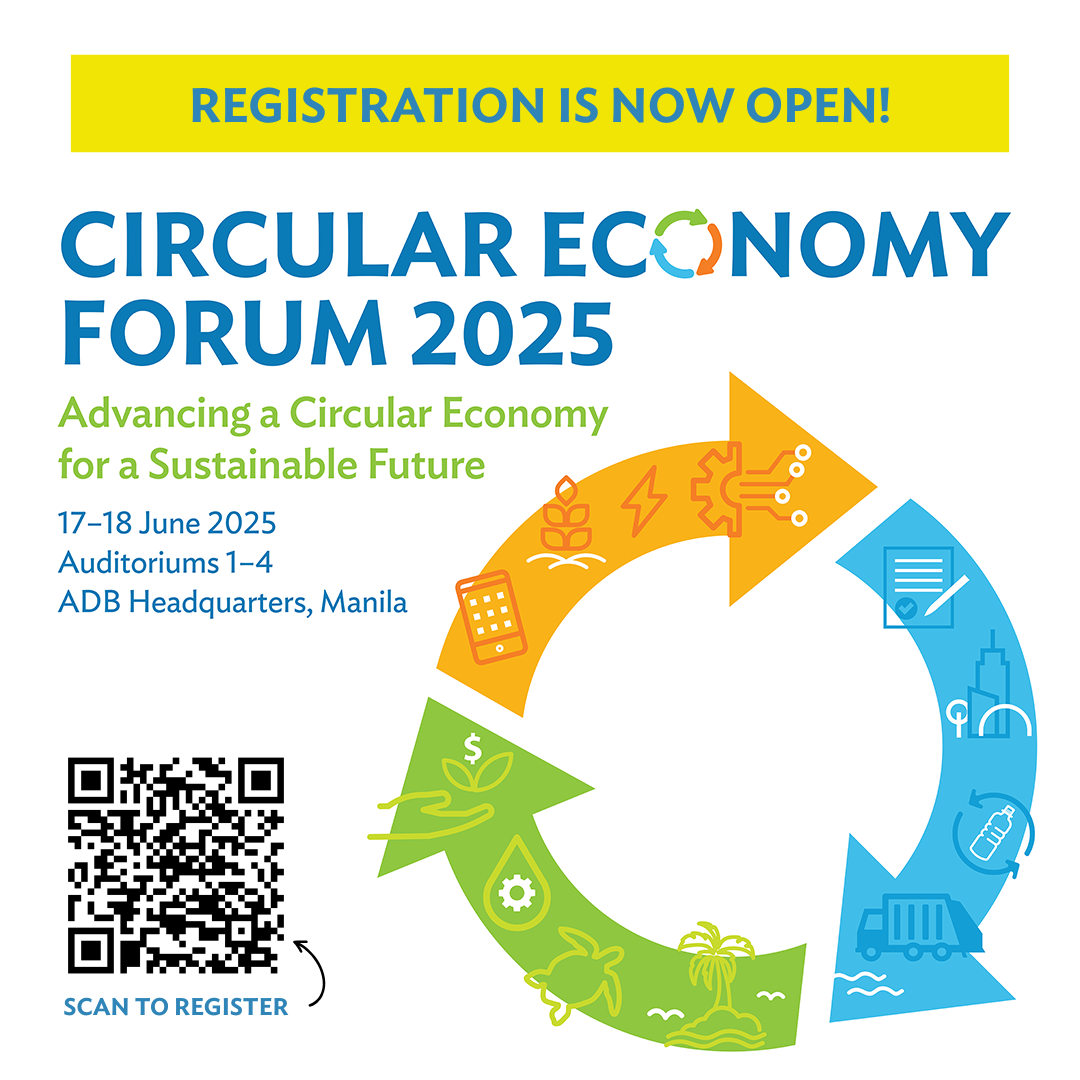The Positive Impact of City Cleanups and Zero-Waste Shops:
Building a Cleaner, Greener, and More Connected Community
On March 22, I had the incredible opportunity to organize a city cleanup in Leuven. What started as an initiative to reduce waste and improve the environment turned into a heartwarming experience that showed me the true power of community and collective action. It’s easy to feel like environmental challenges are too big to tackle, but moments like these remind me that every small effort can create a ripple effect for change.
City Cleanups: Revitalizing the Environment and Strengthening Community Bonds
City cleanups, at their core, are about more than just picking up litter. They’re a chance to take responsibility for the spaces we live in and make a tangible difference. During our cleanup in Leuven, I saw firsthand how powerful these efforts can be.
1. Environmental Benefits
As we worked our way through the city, I could see the immediate impact of our actions. Removing trash from parks, streets, and public spaces not only makes the environment look better, but it also helps protect local ecosystems. We kept plastic, litter, and other waste from making its way into our waterways or harming wildlife, and that alone felt incredibly rewarding.
2. Aesthetic and Psychological Impact
There’s something about cleaning up a space that brings an undeniable sense of peace. The transformation was visible, and it felt like we were giving the city a breath of fresh air. For me, there was a psychological benefit, too. Being part of something that made a real difference in our environment was uplifting and reaffirmed my passion for environmental stewardship.
3. Building Community Spirit
What truly made this cleanup special was the sense of community it created. The cleanup wasn’t just about international students like myself. Older volunteers – local residents of Leuven – joined in, bringing a wealth of experience and a shared passion for preserving our city. It was heartwarming to see so many different people coming together for a common cause. We worked side by side, learned from each other, and formed bonds that reminded me how much we can achieve when we unite.
Zero-Waste Shops: Championing Sustainability and Minimizing Waste
While participating in city cleanups helps address immediate waste problems, it’s important to think about long-term solutions too. That’s where zero-waste shops come in. These stores offer us the opportunity to shop more sustainably by reducing the packaging waste that often ends up on our streets, in our landfills, or in our oceans.
1. Reducing Packaging Waste
Zero-waste shops provide a simple yet impactful way to shop more responsibly. By offering bulk products and encouraging reusable containers, these stores help customers cut down on single-use plastics. I’ve personally found that when I buy from zero-waste stores, I feel empowered to make better choices for the environment. It’s not just about the waste I avoid, but also the message it sends to the broader community about valuing sustainability.
2. Encouraging Conscious Consumerism
These shops do more than just sell products – they inspire a shift in how we think about consumption. When we choose to support zero-waste businesses, we challenge ourselves to be more mindful of what we buy, how much we buy, and how we dispose of it. The more I shop at these stores, the more I realize how easy it is to live with less waste and how much joy it brings to know I’m contributing to a cleaner planet.
3. Inspiring a More Circular Economy
Zero-waste shops also encourage a circular economy – one where goods are reused, repaired, and repurposed instead of being thrown away. I love knowing that these stores support local farmers, makers, and artisans, fostering a sense of community while promoting ethical production. Shopping sustainably feels like being part of a larger movement that values both people and the planet.
How City Cleanups and Zero-Waste Shops Work Hand-in-Hand
When I think about city cleanups and zero-waste shops, I see how interconnected they are. Participating in a cleanup gave me a deeper appreciation for the importance of reducing waste in our everyday lives. When we clean up our communities, we’re not just picking up trash – we’re also highlighting the problem of waste in the first place. That’s where zero-waste shops come in. They provide solutions for the waste we see and help us reduce the waste we create.
As I saw during our cleanup in Leuven, when people become aware of how much waste exists in their environment, they’re more likely to seek out solutions. Supporting zero-waste shops and making sustainable choices in daily life become part of the solution. It’s a cycle that promotes responsibility, action, and, ultimately, change.
A Future of Clean, Connected Communities
Looking back on our cleanup day in Leuven, I realized how much potential these community efforts hold for making lasting change. Whether we’re picking up trash in our neighborhoods or supporting zero-waste businesses, we are all part of something bigger than ourselves. These small, conscious actions build a cleaner, greener future where sustainability is the norm, not the exception.
The sense of community I felt during the cleanup reminded me that no effort is too small. Whether it’s cleaning up a park or shopping at a zero-waste shop, every action counts. I’m excited for the future – one where communities come together to care for our planet, where sustainable living is accessible to everyone, and where we make a real difference, together.
Read More
